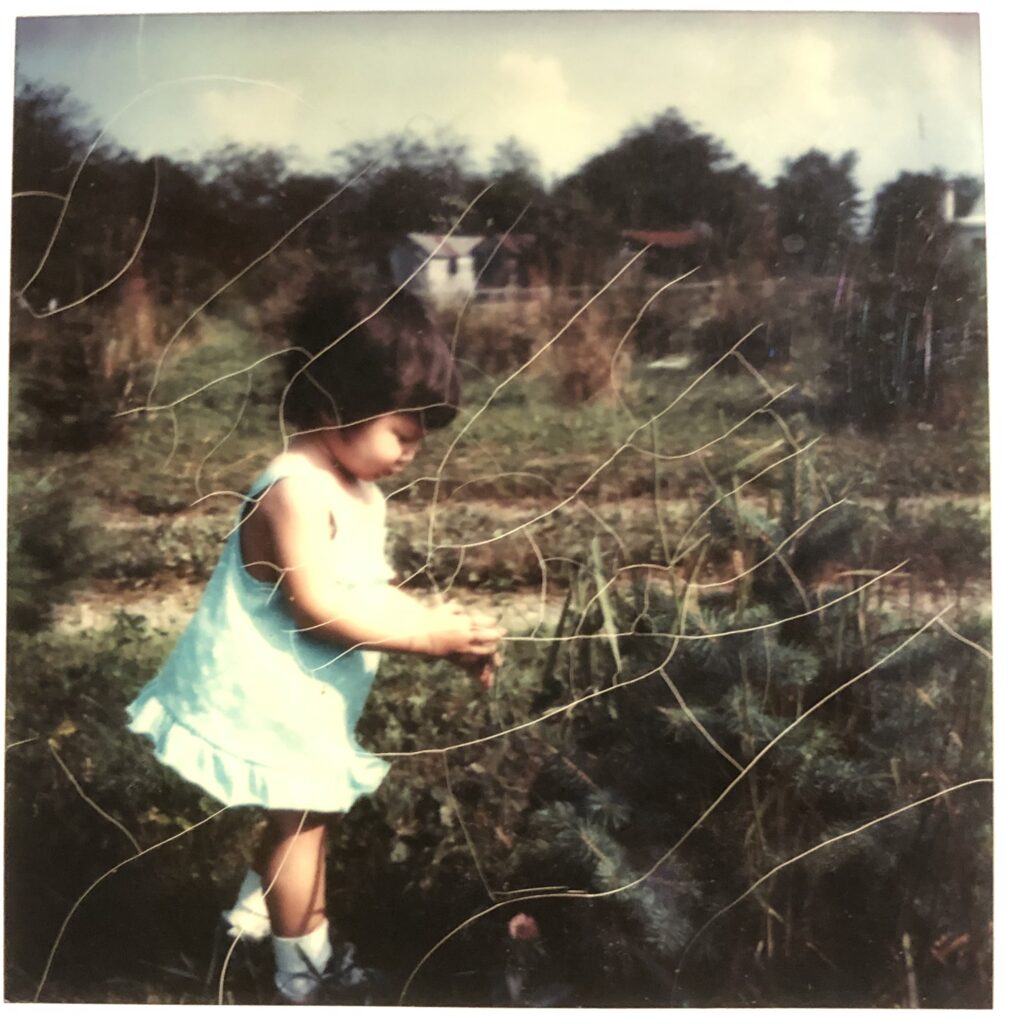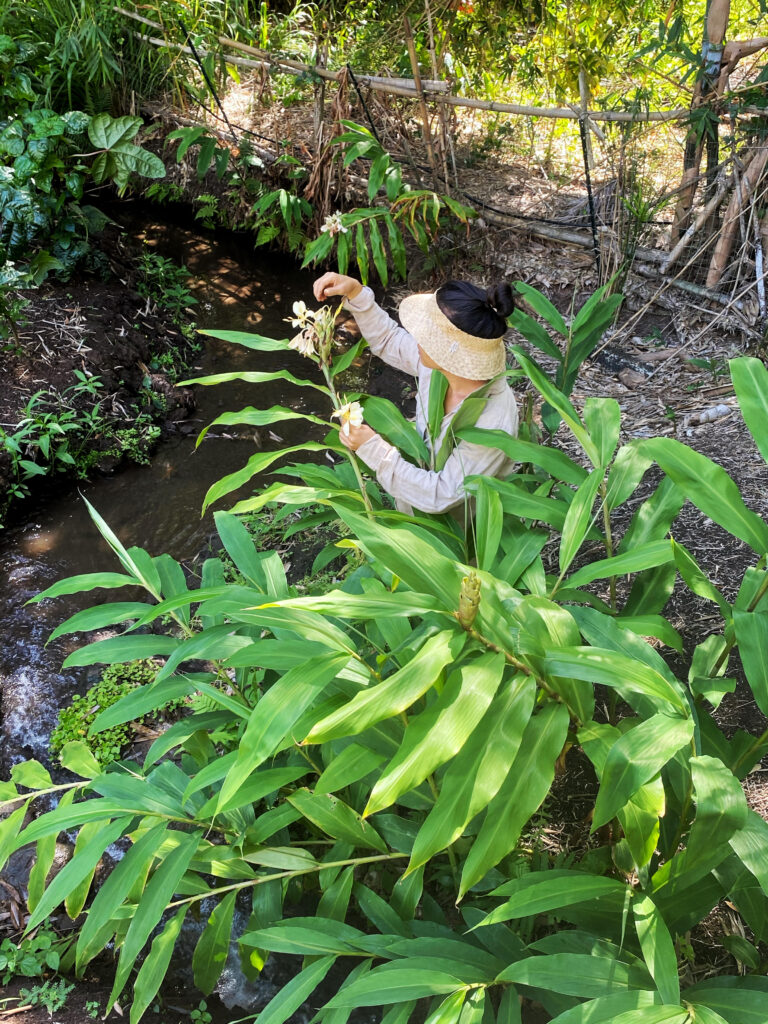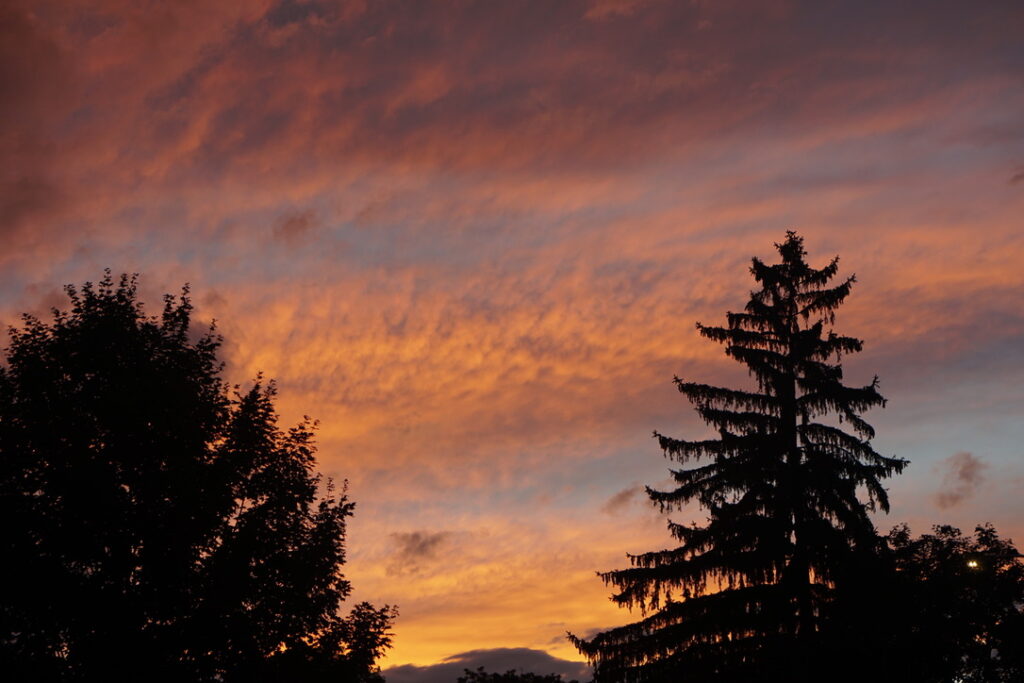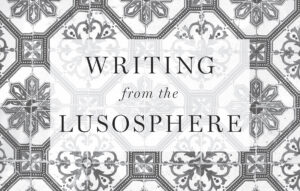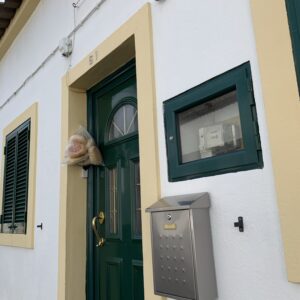
Tonapah Desert, Arizona
At night from this distance, the twin rivers of car lights, red and white, barely seem to move along the I-10, even though I know from experience they’re traveling upwards of 80 mph. Most people see this stretch of empty desert between Phoenix and the California border as nothing worth slowing down to consider—the different personalities of the Saguaro, some with broken limbs or holes made by woodpeckers, or the colored bands of rock created by volcanic uplift or erosion from some previous era when there was measurable rainfall here — it all looks the same from blurred car windows.


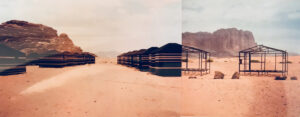

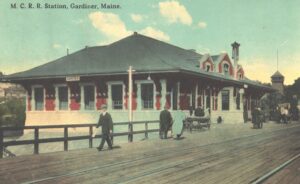 Gardiner, Maine
Gardiner, Maine




